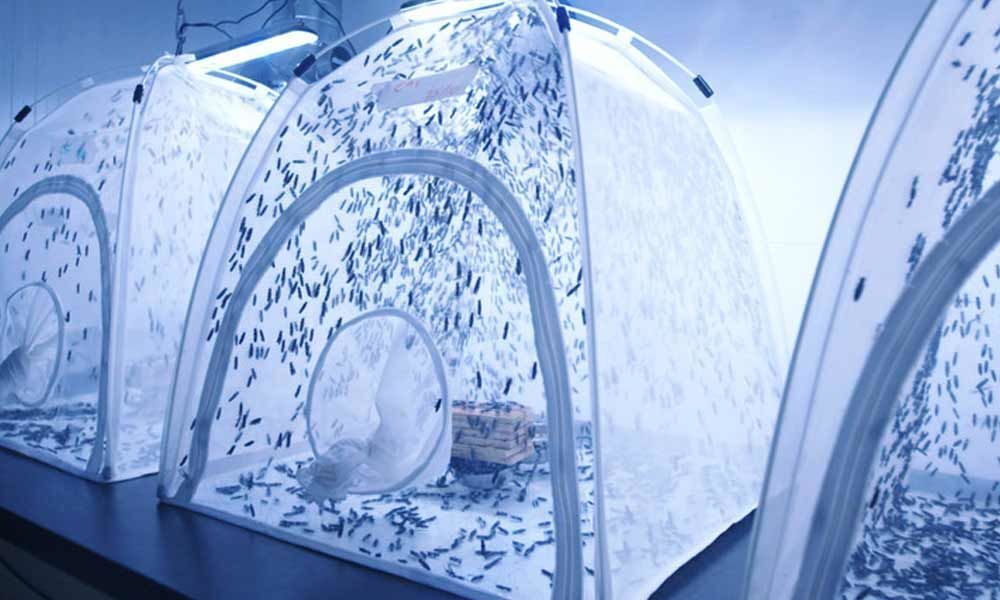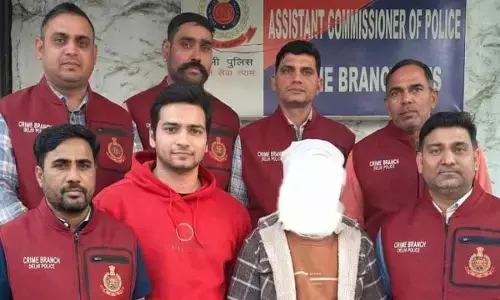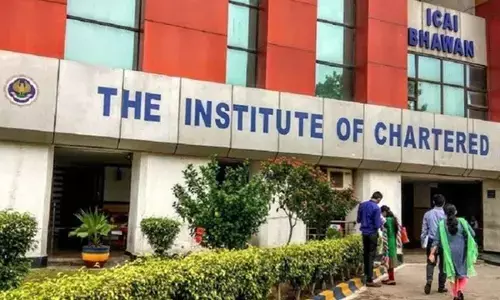This company breeds insects in the heart of London: Fighting deforestation, protecting the oceans and reducing food waste all in one go

Keiran Whitaker is fighting deforestation, saving the oceans and reducing food waste – and he's doing it all with black solider flies.
Keiran Whitaker is fighting deforestation, saving the oceans and reducing food waste – and he's doing it all with black soldier flies.
It all starts with a coffee or a beer. Well, brewery waste and old coffee grounds – any food waste, actually. That's breakfast, lunch and dinner for the fly larvae at Entocycle, Whitaker's insect farm in London.
And with the flies, he's helping to tackle two major challenges faced by humanity.
The problem
Just like us, the animals we eat need protein to grow. There are currently two main sources for this – fishmeal and soya protein.
The problem is that getting this protein – all to feed other animals – is bad news for the planet. Gathering the small fish needed for fishmeal means "dredging our oceans empty", explains Whitaker. And soy production is a major cause of deforestation.
The solution
Entocycle farms black solider flies, feeding the larvae on food waste – creating a closed-loop system as they convert what was once destined for the bin into protein. These farmed insects can be fed to fish, livestock and are fit for us to eat as well.
"The Western diet has to kind of shift and change," believes Whitaker. "It's natural, it's normal and it's the way that we have to feed the future."
With each female laying 1,000 eggs – 99.9% of which would die in the wild – and the larvae harvested in just six days, it's a farm of volume and speed.
And technology.
'The farmers of tomorrow are the engineers of today'
Specialist chambers look after the insects at different stages of their lifecycle. These units can be stacked four metres high, and as wide as you like, explains Whitaker.
This is coupled with an automation system, that can run by itself 24 hours a day, 365 days a year in any environmental condition.
All this helps the farm operate at a higher volume – vitally important to feed our growing population, he says.
"We're facing big global challenges and people don't believe that they can make a change, but you really, really can because you making a change is the only change you can really make."
Source: weforum.org








